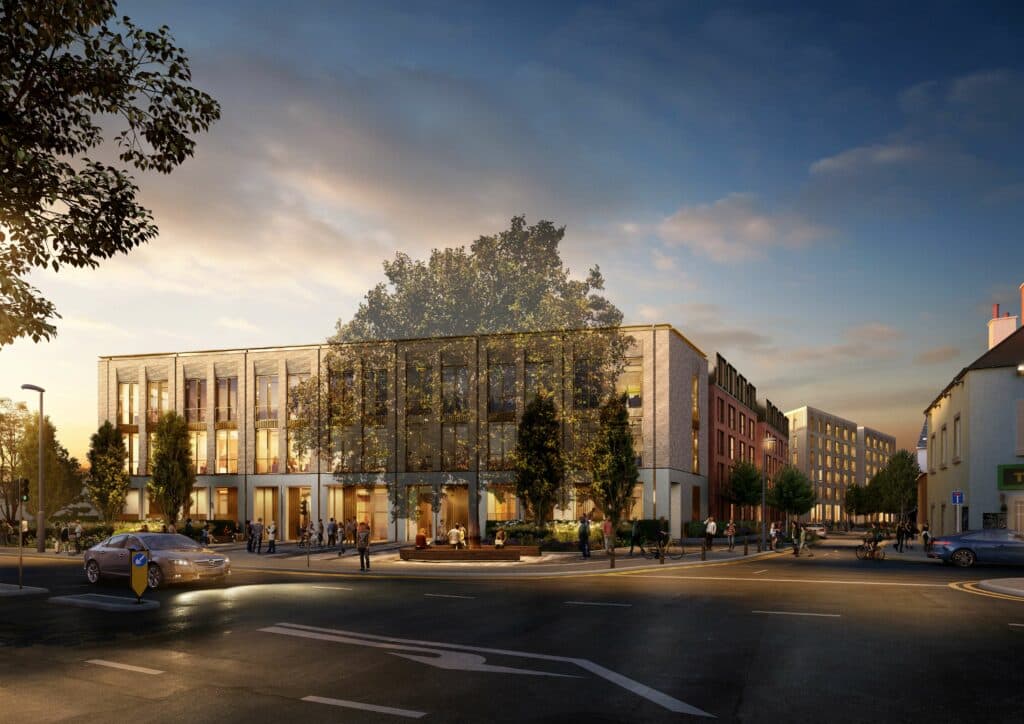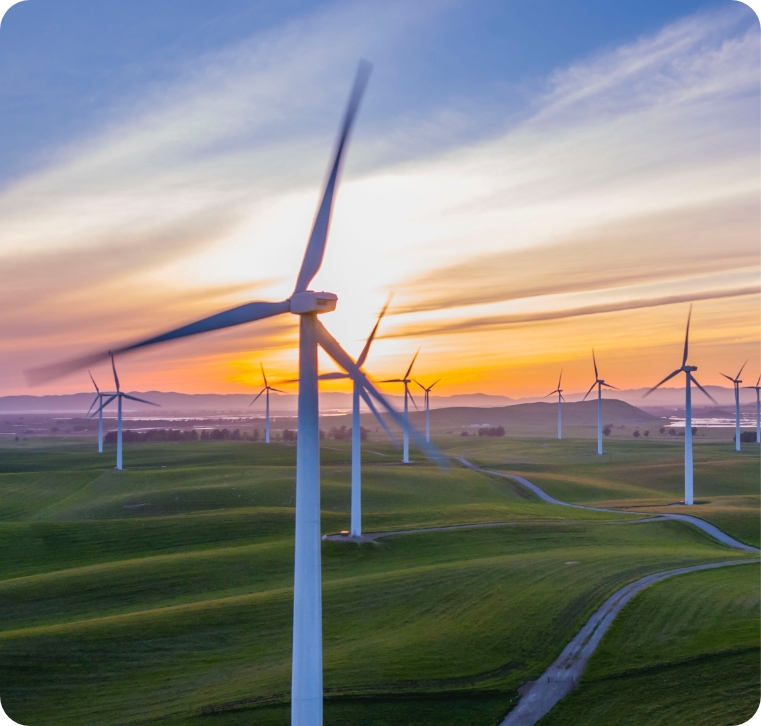Reducing our environmental impact
Recognising the threat posed by climate change and greenhouse gas emissions, we are acting responsibly by creating resilient and resource-efficient assets and operations.
Environmental
We are aiming for net-zero carbon emissions by 2030 for both new construction and the operation of existing buildings. We understand the huge scale of this challenge, and that we will not meet our ambitions straight away. But we are determined to do what’s right and are confident that our targets are achievable with the right commitment and investment.
To deliver net-zero carbon new buildings, we will design and build accommodation differently, using alternative materials and methods to reduce embodied carbon from ‘cradle to completion’. Alongside this, we will strive to deliver net-zero operations, so we must significantly reduce energy use in our existing buildings by improving their efficiency and generate as much electricity from renewable sources on site as we can. We will also continue to strengthen our existing commitment to buy certified renewable energy.
We know it is also important to reduce the broader environmental impact of our buildings and operations, including from energy and water consumption, waste, and resource use. We also have to ensure our business is resilient and can withstand the impacts of climate change and the transition to a low-carbon economy over the coming years.
BECOMING NET-ZERO CARBON IN OUR OPERATIONS AND DEVELOPMENTS BY 2030
CREATING RESILIENT, RESOURCE-EFFICIENT ASSETS AND OPERATIONS
Students call for strong action on climate change
In our 2021 survey on the climate crisis, undergraduates say they would like to see campus bans on single-use plastics and fines for students who don’t comply.


KEY TARGETS:
- We will deliver net-zero carbon new developments, with meaningful reductions in embodied carbon, by the end of 2030.
- We will achieve net-zero carbon operations, including significant reductions in energy consumption by the end of 2030.
- We will buy 100% certified renewable electricity that supports the development of new renewable generation capacity by 2028 and stop using fossil fuels by the end of 2030.
- We will reduce carbon emissions per bed.
- We will reduce water use.
- We will increase engagement with students and our employees to embed lasting environmentally responsible living habits.


